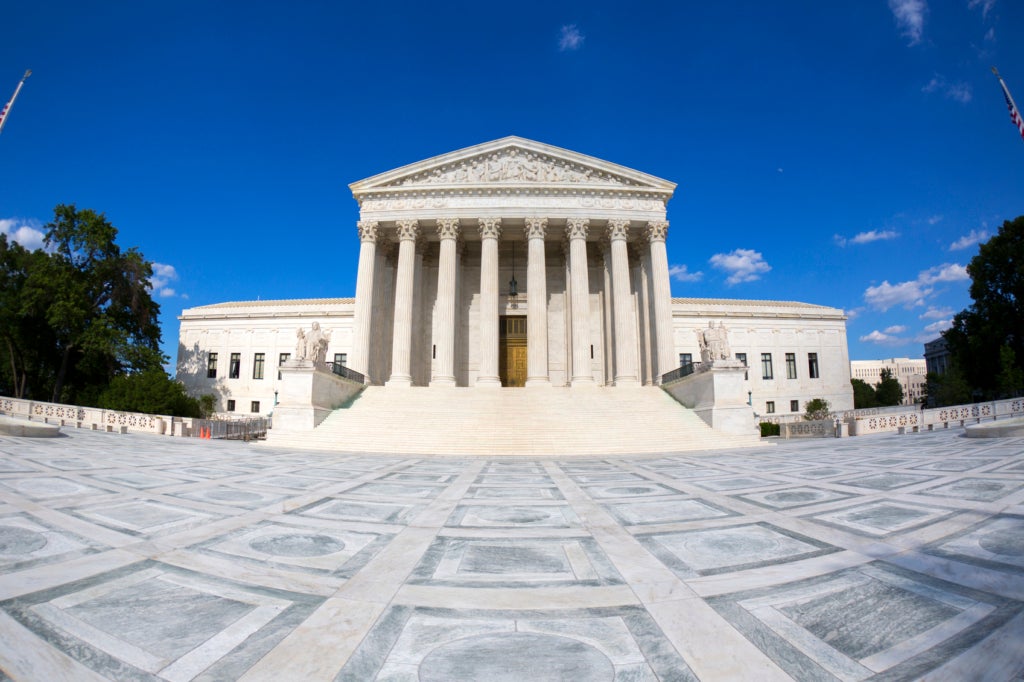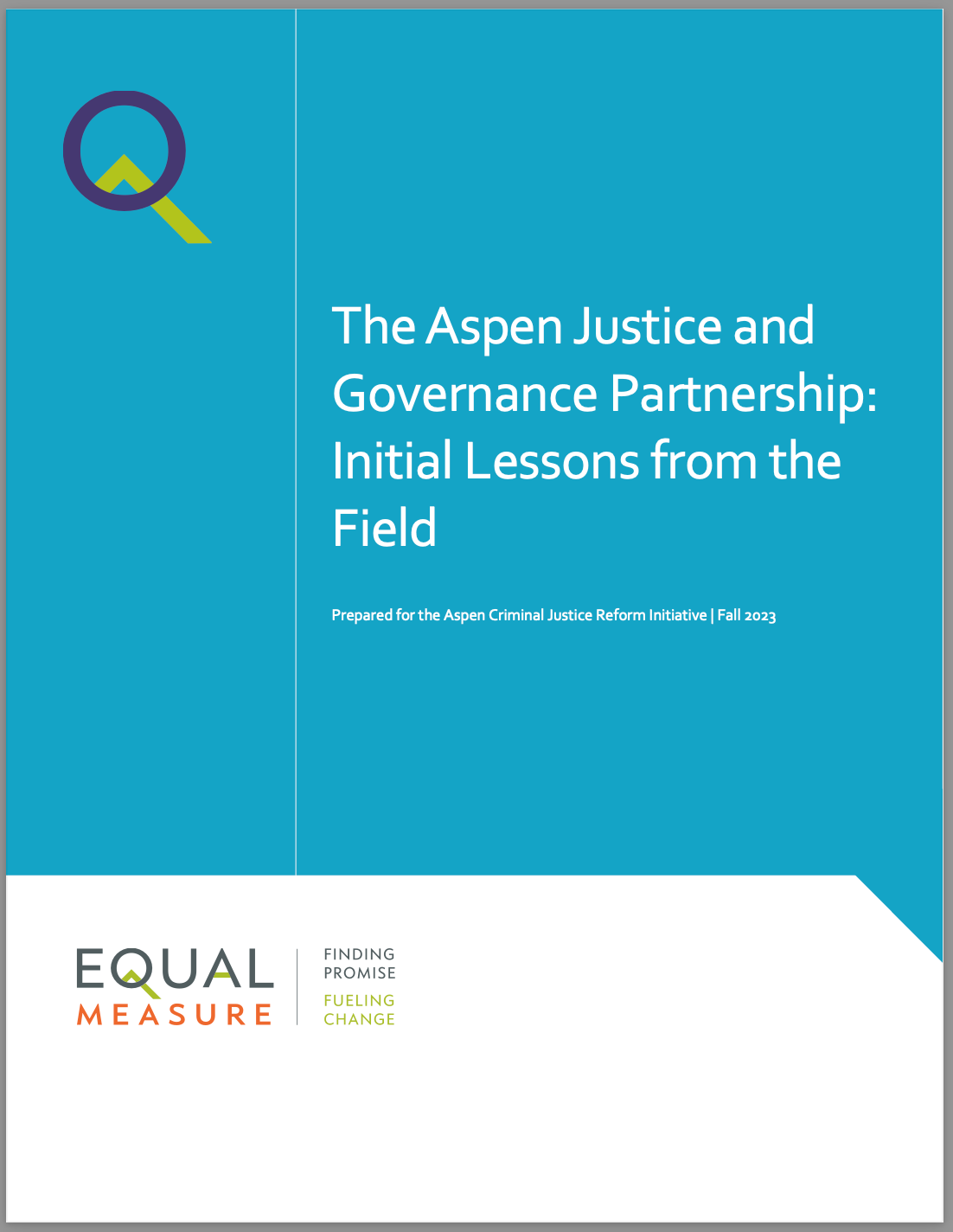
US Supreme Court (Photo Credit: istockphoto)
In a Wednesday conversation about the last Supreme Court term, Yale law professor Stephen L. Carter argued that, whatever one’s opinion of how recent cases were decided, the nation’s high court is in the middle of a tragic period in its history.
The culprit: a surfeit of sharply divided opinions.
“There’s an enormous predictability to these voting blocks,” Professor Carter said at the Aspen Ideas Festival, co-hosted by the Aspen Institute and The Atlantic. “And there are lawyers who will tell you how frustrating it is to get up in front of a court where seven or eight justices have already made up their minds. What you’ve seen in the court over the last two decades is a loss of any sense among the justices themselves that consensus is important. If you look at the Court for most of its history, there have been some very important 5 to 4 decisions in the past. But overall, the hammering out of hard compromise in order to get a significant number of votes was a big part of what the justices thought their job was because they found that the country is more persuadable when you have a significant majority or a unanimous court, than with a constant string of five to four or five to three decisions.”

He is pessimistic about the trend changing.
Whoever wins the next election, whoever is the next justice, and so on, that tragic moment is going to continue,” he said. “There are people who will cheer the next justice. There are people who will boo the next justice. But this process of really not trying on the court to find ways to actually find consensus I think will continue.
“I think,” he concluded, “that it’s very unfortunate.”
This article originally appeared at The Atlantic.

